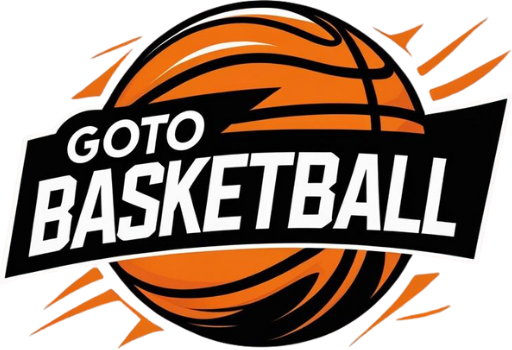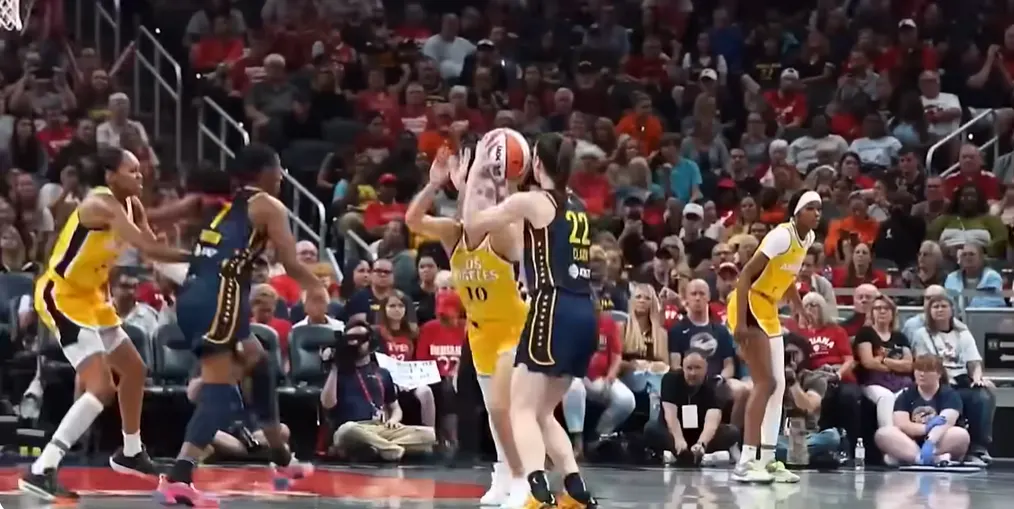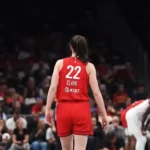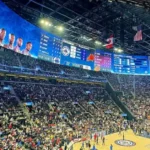From Courtroom Loss to Legal Lifeline
Twelve members of NC State’s iconic 1983 “Cardiac Pack”, the men who delivered one of March Madness’s most unforgettable title victories, have appealed a recent dismissal of their lawsuit against the NCAA. The suit challenged decades of unpaid use of their names, images, and likenesses, now rebuffed on legal grounds but revived in spirit with this appeal.
- From Courtroom Loss to Legal Lifeline
- Judge’s Ruling: Time, Rights, and Copyrights
- An heirage in Film, but not in Remuneration.
- No Stay Granted Amid Parallel Cases
- A Name Among Many: Turn to the $2.8B NIL Settlement
- The Legal Anatomy of the Case
- Commentary: More Than Just Law It’s About Legacy
- Appeal: What Could Change the Game?
- Quick Fact Table
- Final Thoughts
Judge’s Ruling: Time, Rights, and Copyrights
Judge Mark Davis dismissed the case on August 6 on several grounds: the four-year statute of limitations on antitrust claims, the three-year limit on privacy or unjust enrichment claims, and a lack of a legally enforceable right. The case against the plaintiffs is also untenable as the federal copyright Act preempts any claims on the state level concerning the use of videos.
An heirage in Film, but not in Remuneration.
The emotional appeal of the case presented by the plaintiffs is hard to deny: video of that buzzer-beating, brought to life by the dunk of Lorenzo Charles and the joyous run of Jim Valvano, has been shown millions of times by the NCAA, making millions of dollars in promotional value, yet the players did not see a penny of this.
This was despite the emotional weight, but the court ruled that procedural rules outweighed sentiment. Now appeals are based on whether exceptions such as the persistence of wrong or contextual fair reasoning would open the gate to justice.
No Stay Granted Amid Parallel Cases
Earlier this year, the NCAA sought to pause the NC State case while it handled related litigation in New York (the Chalmers federal case), but Judge Davis denied the request, allowing the legal clock to tick, ultimately working against the plaintiffs.
A Name Among Many: Turn to the $2.8B NIL Settlement
The NCAA’s recent $2.8 billion NIL settlement includes athletes from 2016 onward but notably does not benefit older legends like the Cardiac Pack, whose careers predate the legal evolution around athlete compensation. As one commentator put it, it’s legal closure for some but not for all. (AP News)
The Legal Anatomy of the Case
-
- Plaintiffs include Thurl Bailey, Terry Gannon, Cozell McQueen, and ten others, plus Martha Lou Mobley, on behalf of Quinton Leonard III’s estate. Missing from the suit: Derek Whittenburg and Lorenzo Charles, the buzzer-beater hero who died in 2011.
- Key legal findings: Injuries alleged stem from the 1983 signing of SAS forms; continuing wrong doctrine doesn’t revive them; federal court precedent (Pryor) sets similar dismissal patterns.
Commentary: More Than Just Law It’s About Legacy
This is not strictly speaking a legal technicality; it is a cultural one. What the Cardiac Pack is not asking, is a paycheck; what they are requesting is acknowledgment and rights to their own legacy. The case is symbolic of a larger struggle by athletes demanding equality, long after the headlines disappear.
Their call confirms that even legends must be given a place at the table, at least not now, but at least an opportunity to speak.
Appeal: What Could Change the Game?
- Equitable tolling or bringing new legal theories could reset the timeline.
- Policy impact: Highlighting the gap for pre-2016 players may spur legislative reform or NCAA rule updates.
- Public pressure: As awareness grows, the NCAA and governing bodies could feel a moral obligation to create retroactive pathways.
Quick Fact Table
Detail |
Information |
Team |
NC State’s 1983 “Cardiac Pack” |
Filing Date |
June 10, 2024 |
Ruling |
Dismissed August 6, 2025 |
Grounds for Dismissal |
Statute of limitations, lack of enforceable right, Copyright Act preemption |
Appeal Filed |
Notice filed September 2, 2025 |
Legal Theme |
NIL rights, copyright law, legacy access |
Settlement Exclusion |
2016+ athletes receive compensation; Cardiac Pack excluded (AP News) |
Final Thoughts
The case involving the Cardiac Pack does not conclude at the point of dismissal, but with this question: How do we celebrate athlete legacy in a system designed to forget? Their cry is a plea of law and of justice, of being treated as they treated, of being considered as they considered, of being justly paid as they paid, long after the buzzer was blown.





